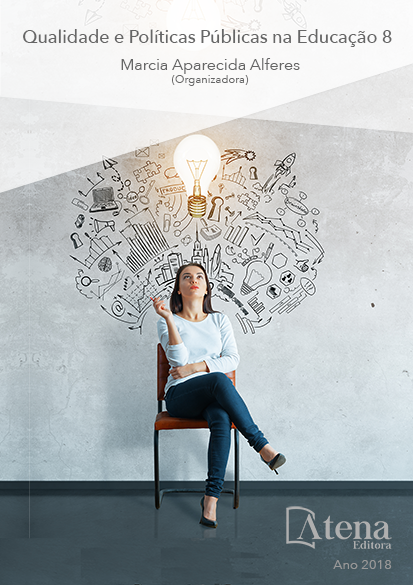
A QUEBRA DE PARADIGMAS NA PESQUISA ESCOLAR E CIENTÍFICA: A WIKIPÉDIA COMO FONTE DE AUTORIDADE
Tomando como base a teoria de
Kuhn (1970) sobre a estrutura das revoluções
científicas, refletimos sobre a lentidão nas
mudanças de paradigmas em Educação, apesar
da acelerada abertura e compartilhamento
de informações na web. Com o fenômeno da
Inteligência Coletiva de Lévy (2007), a escrita
compartilhada ganha força nas metodologias
educacionais para a formação do cidadão do
século XXI; contudo, ainda sofre preconceitos
científicos, como no caso da Wikipédia, que
demora a ser aceita como fonte de autoridade.
Assim, esta pesquisa tenciona compreender
alguns dos critérios para o reconhecimento das
fontes de autoridade em pesquisa, bem como
observar a forma como a Wikipédia se encaixa
em tais critérios.
A QUEBRA DE PARADIGMAS NA PESQUISA ESCOLAR E CIENTÍFICA: A WIKIPÉDIA COMO FONTE DE AUTORIDADE
-
DOI: 10.22533/at.ed.0561819123
-
Palavras-chave: Estrutura das Revoluções Científicas. Paradigmas. Educação. Inteligência Coletiva. Wikipédia. Fontes de Autoridade.
-
Keywords: Structure of Scientific Revolutions. Paradigms. Education. Collective Intelligence. Wikipedia. Sources of authority.
-
Abstract:
Based on Kuhn’s theory (1970)
about the structure of scientific revolutions, we
reflect on the slowness in paradigmatic shifts
for Teaching areas, despite the accelerated
opening and sharing of information on Web.
Considering the Collective Intelligence
phenomenon, proposed by Lévy (2007),
collective writing becomes significant in
educational methodologies in order to promote
21st Century citizen’s formation. However, it is
still under scientific prejudice, as we may notice
with Wikipedia example, which, nowadays, is
not comprehended as a source of knowledge.
Therefore, the main purposes of our research are
to study some of the criteria used to determine
the recognition of these sources, as well as to
understand how Wikipedia fits these norms.
-
Número de páginas: 15
- Renata de Oliveira Sbrogio


